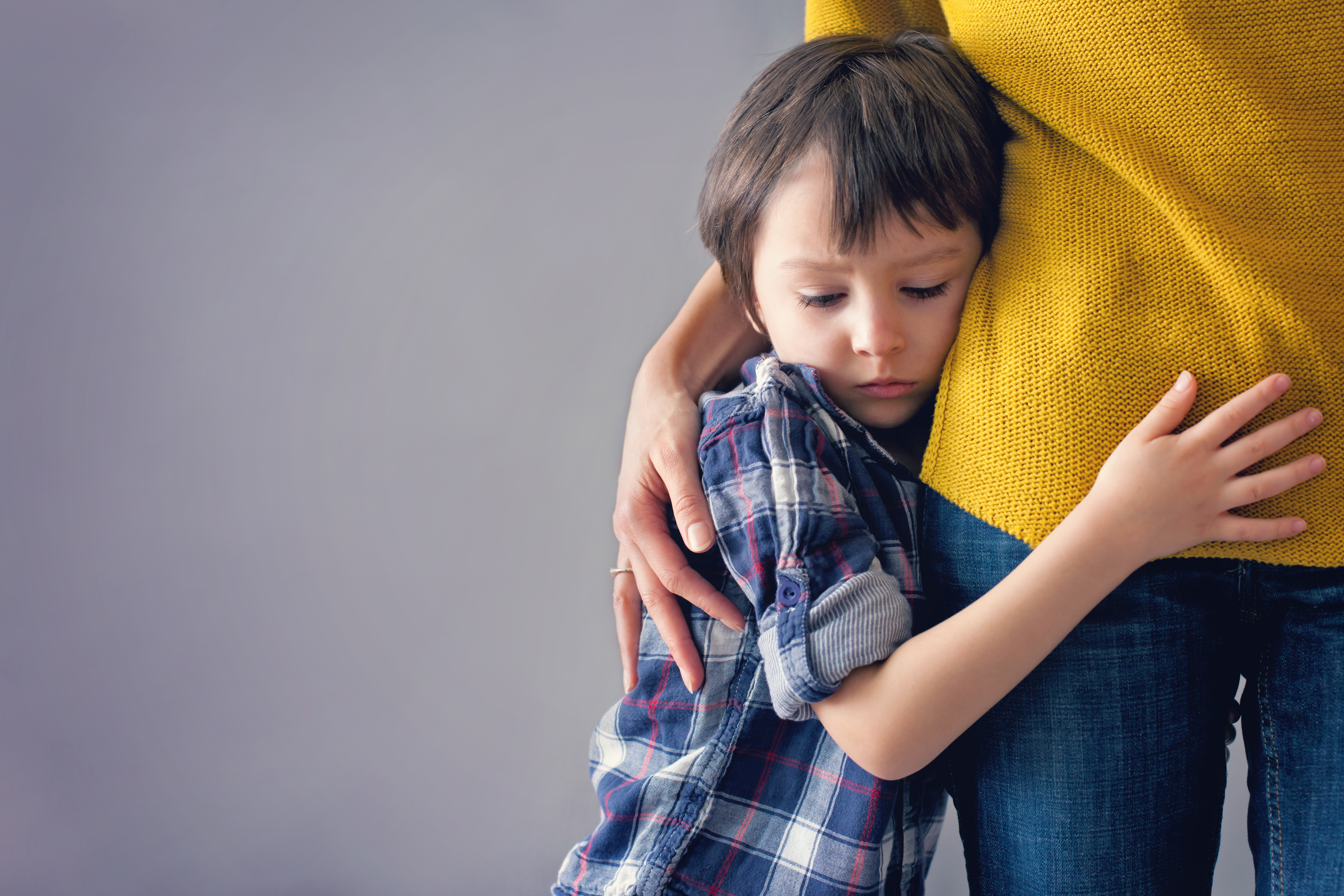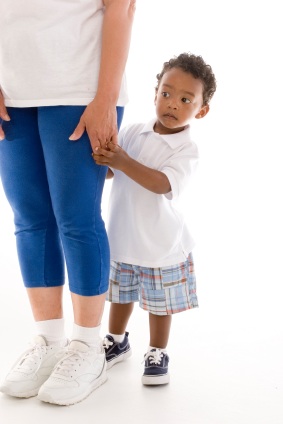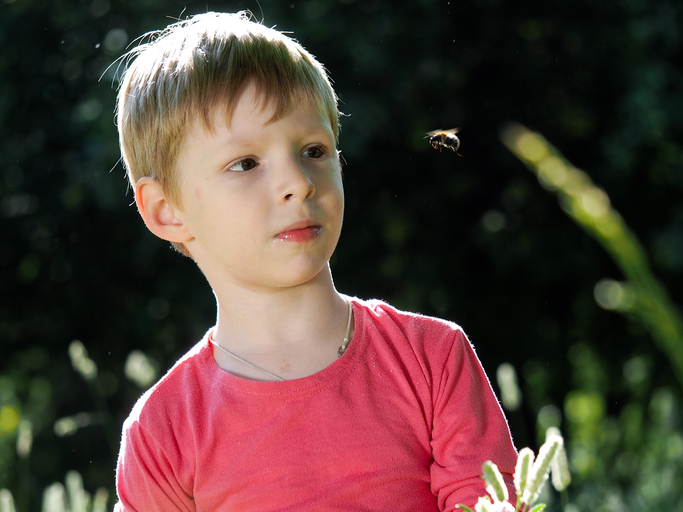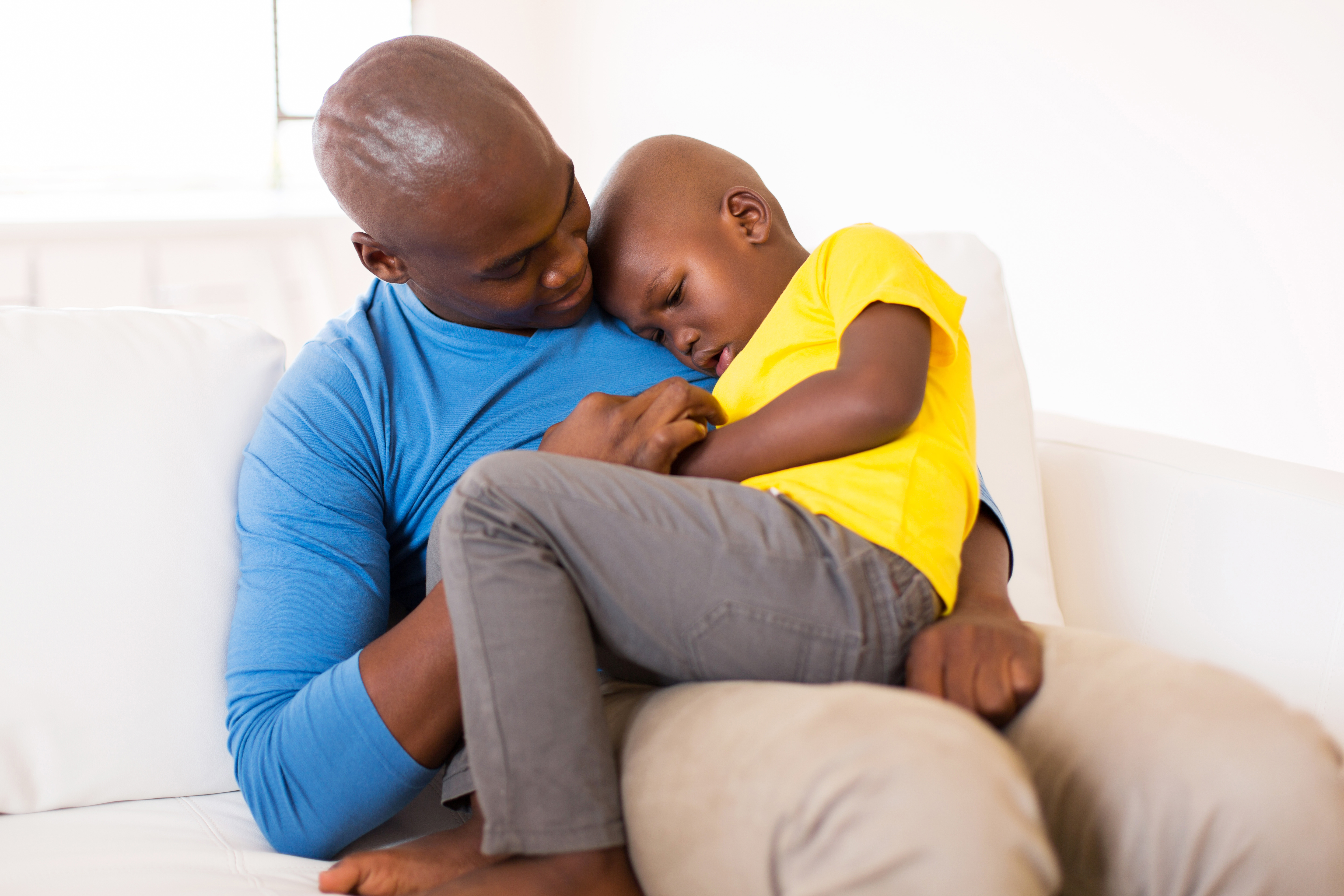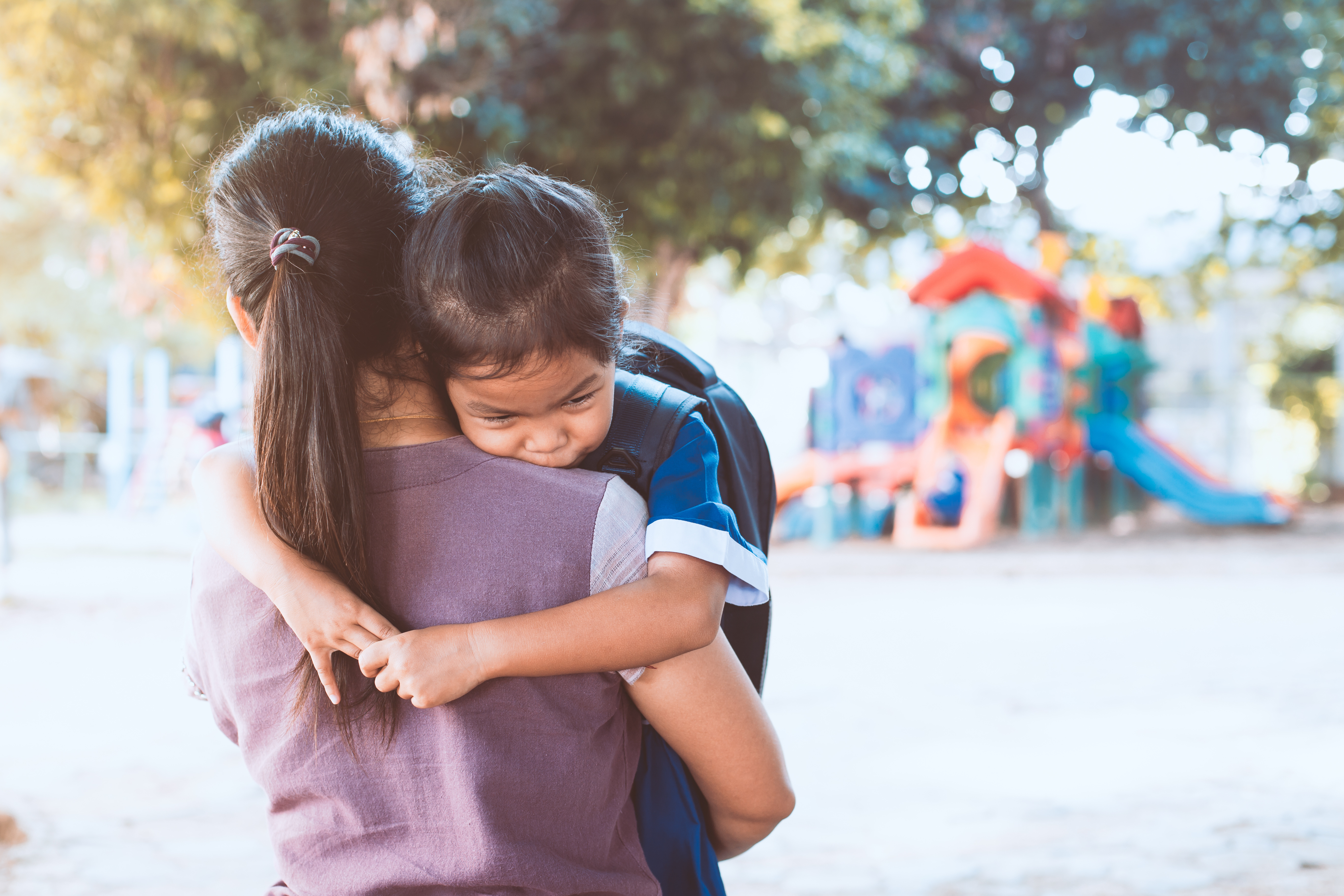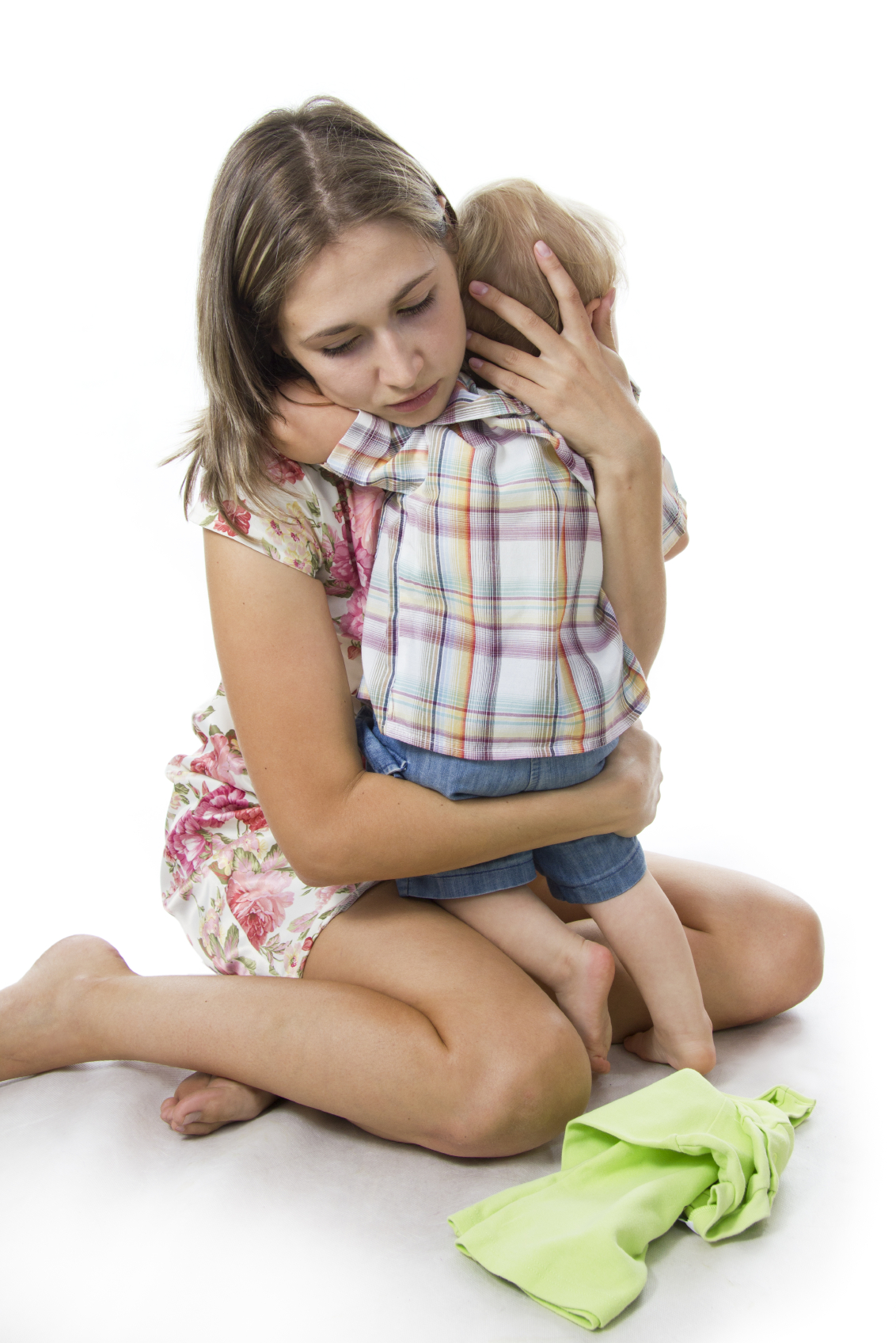Anxiety
Every child worries sometimes. That’s normal. But when worry or fear shows up so often, or feels so big, that it gets in the way of a child’s daily life, we call that an anxiety disorder. The good news is that anxiety is very treatable, and with support, most children learn how to manage their worries and thrive.
A child with anxiety may:
- Worry much of the time, even when there’s no clear reason.
- Have lots of stomachaches, headaches, or trouble sleeping.
- Avoid school, activities, or new experiences because they feel too scary.
- Seem tense or on edge and have trouble calming down.
- Become irritable, angry, or even explosive when fear feels overwhelming—for example, lashing out at home before a stressful event.
The difference between ordinary worry and an anxiety disorder is simple: with anxiety, the fear doesn’t fade, and it interferes with the child’s ability to learn, play, and enjoy life.
Anxiety is another word for fear. People who are often anxious have a chronically activated alarm system. When children are fearful their internal alarm system becomes activated, which can lead to behaviors like “flight” (hiding behind Mom’s leg or escaping to the bathroom at school), “fight” (screaming “I hate you!” or pushing a sibling down), or “freeze” (not responding to a question from an unfamiliar adult or refusing to jump into the pool at a swimming lesson).
All children become anxious at times. Anxiety is a normal fear response to something we perceive as a threat. This is normal, and even beneficial, helping children “look before they leap” to be sure a situation is safe.
But anxiety is on the rise in children and teens. The CDC reports that 11% of children ages 3-17 have a diagnosed anxiety disorder. What could be causing so many kids have a chronically activated alarm system?
Why So Many Kids Have a Chronically Activated Alarm System
Think of your child’s brain as having a built-in alarm system—a survival tool designed to protect them from danger. When it goes off, the body shifts into “fight, flight, or freeze” mode: heart races, muscles tense, thinking narrows. That’s helpful if there’s a real threat, like running out of the street in front of a car.
But for many kids today, that alarm system is going off too often and staying on too long. Why? Because modern life is full of stressors their developing brains interpret as danger.
- Constant digital stimulation: Imagine being 13 with a smartphone in your pocket. All day, every day, you’re bombarded with notifications, texts, and alerts that keep your nervous system buzzing. On top of that, social media becomes a nonstop mirror of comparison—who looks better, who’s more popular, who’s doing something you’re missing out on. Algorithms then serve up content that makes kids feel they don’t measure up, feeding fear that they aren’t good enough. For many kids, this relentless stimulation and self-doubt keeps their alarm system switched on.
- Less unstructured play: Children used to learn to regulate their fear and stress through free play, risk-taking, and problem-solving with peers. As parents have become more protective and opportunities for self-directed, unsupervised play have diminished, kids have fewer chances to practice facing challenges on their own. Without those experiences of “I was scared, but I figured it out,” children can miss out on the confidence that comes from overcoming obstacles. As a result, when they encounter difficulties later, they may feel less capable and more anxious.
- Pressure to perform: Academic demands, overscheduling, and the sense that they must always excel can feel overwhelming, activating the body’s stress response.
- Parental and societal stress: Kids “absorb” the stress around them. When parents or communities are chronically stressed, children’s alarms tend to fire more easily.
- Big-picture worries: News about school shootings, climate change, and world events can create a constant background sense of threat, especially when kids hear about these things without the tools to process them.
In other words, many kids are living in environments that keep their nervous systems activated. Their alarms are going off not because they’re weak or broken, but because their brains and bodies are trying to cope with stresses they aren’t yet equipped to handle.
***
If you’ve noticed that anxiety sometimes holds your child back from fully engaging in age-appropriate and beneficial experiences, you're probably wondering how you can help. The answer is, you can learn to talk to your child about anxiety and to coach your child through anxiety-producing situations.
Children can learn to coach themselves through anxiety-producing situations by the way you coach them. They need support to notice the thoughts that are triggering them, so they can learn to manage those thoughts and the bodily sensations the anxious thoughts produce. As they face anxiety-inducing situations and come through them, they gain the confidence to handle new situations. For more on how to coach your child to help them learn to manage anxiety, don't miss this article: Help Your Child Learn To Manage Anxiety
***
Don't miss the new mini-course Helping Your Child with Anxiety, which gives you two audios and three printables that guide you through the steps to teach your child (and yourself!) how to manage anxiety.
Start Here:
Help Your Child Learn To Manage Anxiety
Separation anxiety... Test anxiety... Fear of bees.... Refusing to try new things... Panic Attacks. Anxiety can manifest in many different ways. When is it normal and age appropriate, and when is it a problem? What can you do to support your child?
Read More15 Tips to Help Children Manage Social Anxiety
“Probably the worst thing to do is to say, 'Don’t be shy. Don’t be quiet.' This is not about trying to change the child’s temperament. It’s about respecting and honoring temperament and variation, and helping children navigate the world with their own instruments." - Dr. K.R. MerikangasRead More
Helping Children with Phobias: Fear of Bees
Dr. Laura,
My six year old (mildly autistic, high anxiety, but very high functioning) has become violently afraid of bees. I'm not sure where the fear comes from; he's never been stung and his father
and I have never shown any fear toward them. He has always loved the outdoors. But the new fear of bees has him in a panic and no longer enjoying
time outside.
Do you have any ideas of how we can help me make him comfortable and less fearful? I'm totally at a loss at how to deal with it. Thank you!
Anxious Child Spits Compulsively - Normal or OCD?
My daughter is almost six years old and has developed this need to spit when nervous or being "grossed out". She has told me, upon my insistence that
she explain, that she needs to spit if she sees the toothpaste on toothbrushes in the bathroom, a junk drawer full of stuff, a messy dresser. This
happens several times a day.
But also recently when she was playing violin for my parents I noticed that she had a mouthful of spit and went to spit it out right after she
finished playing (that's why I am including nervousness as a cause as well).
She spit the other day and I insisted on her telling me why and she confided that it was my dresser. I asked her to come over to my dresser and
look at it--she got a tissue, in case she needed to spit, and I said, wait, wait, don't spit just yet--I want you to see that this dresser is just
fine--feel the wood--not dirty, I handed her some objects off it and then we opened the "messy" drawer-- I took out some objects that were in there,
a wrapped cough drop, some hair ties, some balm, and asked her just to hold them and see that they were not anything "gross"--she did, but clearly
just wanted me to shut the drawer and also was spitting in her tissue.
I am also concerned that she is now nervous about spitting in front of me. I have not reprimanded her--only insisted a few times that she let
me know what it was that was bothering her--not in an angry way, but perhaps not being able to disguise my deepening concern.
She does have one other "tic". When she gets wound up with an imaginary story where she is telling it or drawing it, she sort of needs a "stick"
or magic marker or something to hold onto, which she twitches back and forth.
Other than that, she is outgoing, loving, trusting, confident, with the "normal" bouts of the opposite of all of those traits! But I do not know
if what I am doing is a correct approach or not--or if we need to see someone professionally--please help!
7 year old with Bedtime Anxiety
Dr. Laura,
My 7 year old is afraid of the dark and of going to sleep. I have tried a million different things, but no one is getting any sleep and we both usually end up in tears, or me mad. Do we need to see a doctor? Its been months and it just seems to be getting worse.
Selective Mutism Diagnosis?
My daughter was just diagnosed with selective mutism, although I'm not sure the diagnosis fits because she DOES talk, albeit not a lot, outside the house. The developmental pediatrician said that it is caused by anxiety, and that's what my question is about.
Most of the time, my dd doesn't seem anxious. She loves going to school, has never had any separation anxiety, talks about school happily, says she's not nervous or anxious (although I'm not sure she knows what those words mean). But she does complain of frequent stomach aches and being tired and in new situations she chews on her clothing. Is this enough to diagnose anxiety?
The developmental psychologist has suggested that we meet with a child psychologist. What would such a person do?
Thanks.
Helping Your Toddler with Separation Anxiety
Dreading leaving your toddler with the babysitter or at daycare and want to prepare him?
Read More